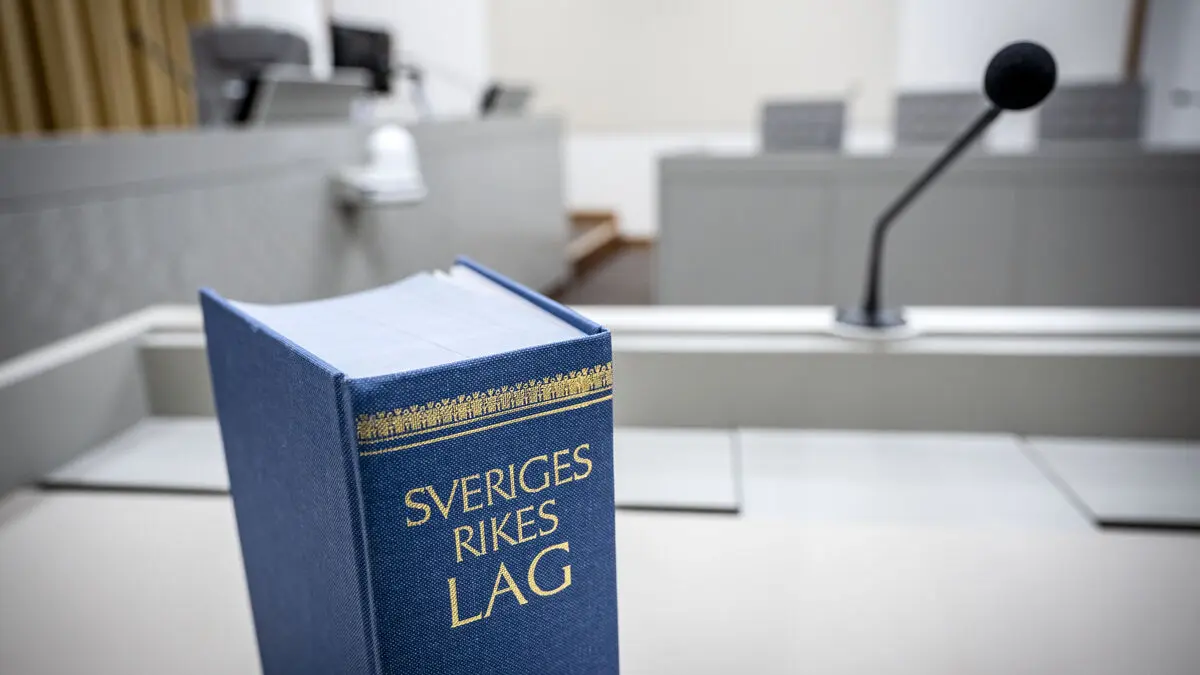The changes come after criticism from several quarters that the EU risks being left behind when the AI train moves on in other parts of the world, primarily the US and China. But criticism has also come from the big tech companies in the US that the EU is trying to limit the progress of the new technology globally with overly restrictive laws and regulations.
Among the proposals expected to be presented next week is a pause in the upcoming AI legislation. Instead of being implemented in 2026, the review of so-called high-risk AI will not take place until 2027.
The EU's data protection regulation GDPR is also to be reviewed and is expected to be relaxed to make it easier for tech companies to gain access to data to build services on.
Critics of the leaked proposals believe that the EU is bowing to the United States, whose President Donald Trump has been critical of AI regulations in the past, and the big tech companies.
"If the European Commission does not change its mind, this would be the biggest retreat in terms of digital rights in the history of the EU," over 100 citizens' groups write in an open letter to the Commission.
"I can confirm 100 percent that the purpose is not to lower the high privacy standards we have for our citizens," counters Thomas Regnier, spokesperson for digital affairs for the EU.






